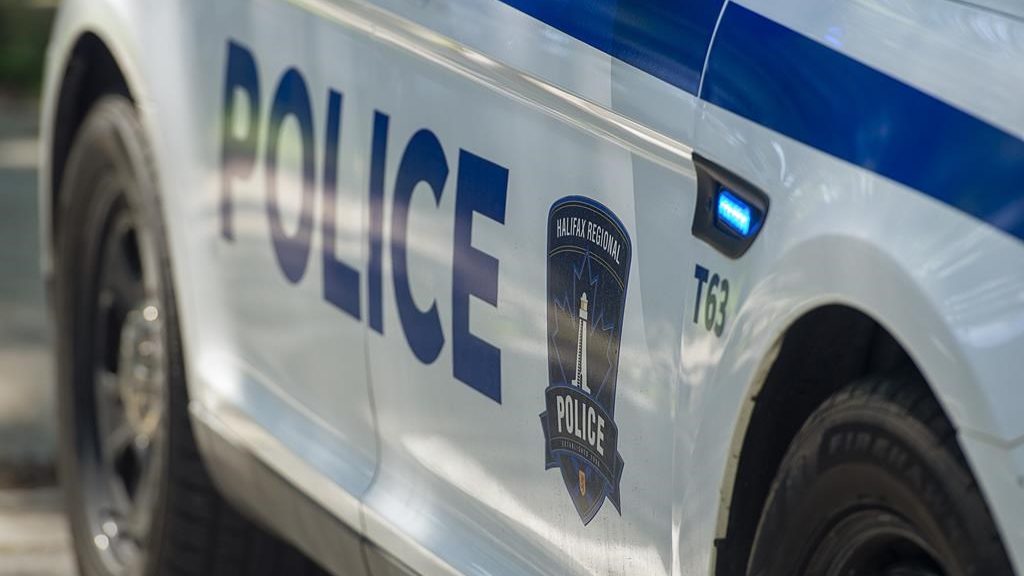Newfoundland and Labrador reports one-day surge in COVID-19 cases
Posted Mar 25, 2020 08:19:36 PM.
HALIFAX — Health officials in Newfoundland and Labrador reported a sudden surge in COVID-19 cases on Wednesday, announcing 32 new presumptive positive results — almost doubling the province’s previous total.
The easternmost province now has a total of 67 cases — four of which have been confirmed as positive.
Dr. Janice Fitzgerald, chief medical officer of health, said those diagnosed range in age from eight to 78, and all were recuperating at home.
Fitzgerald said health officials are focusing on contact tracing related to known cases as the province’s tally increases.
“We are casting our net wide to ensure that we identify all cases, as many cases as we can, and to help curtail the spread,” she said.
“The fact that we are finding more cases right now is an indication that public health is doing its job and that it’s working.”
Premier Dwight Ball, who has complained about people and businesses ignoring social distancing and isolation orders, said he welcomed the arrival of a snowstorm that was keeping residents in their homes.
The premier said his government would begin suspending people’s drivers licences if they violate the health directives. That penalty would be in addition to recently announced fines.
“We will take the strictest measures that we have to protect our residents,” he said.
On Tuesday, a woman in western Newfoundland was arrested for refusing to stay at home after she returned from a trip outside the province. The Royal Newfoundland Constabulary said the 53-year-old woman was arrested in Corner Brook and placed in a jail cell overnight.
She was charged with contravening the public health order, appeared in court and was released Wednesday morning. She is scheduled to return June 9 to enter a plea.
Fitzgerald said 44 of the cases in eastern Newfoundland are linked to Caul’s Funeral Home in St. John’s, where an individual who tested positive for the novel coronavirus attended visitations at some point between March 15 and 17.
In Nova Scotia, 17 additional confirmed cases were identified Wednesday, bringing the province’s total to 68 confirmed cases. Every case in Nova Scotia is believed to be travel-related or connected to earlier reported cases.
Dr. Robert Strang, the province’s chief medical officer of health, said the increase in cases in recent days was expected because of the large number of people returning from March break vacations.
He said that on average, the province is identifying just under two close contacts for each case.
“That tells us that people are adhering to the self-isolation (rules) and many of the contacts they are having are within their household,” said Strang. “It’s minimizing the potential for the spread of COVID out in our communities.”
Strang said Nova Scotia is about two to three weeks behind some of the larger provinces in terms of the spread of the virus. He said strict adherence to social distancing will pay off.
“If we stick with it for the next few weeks, we have the opportunity to really stay out in front of this and minimize the spread,” he said.
In New Brunswick, eight new confirmed cases were reported, bringing that province’s total to 26 confirmed cases.
Premier Blaine Higgs said the province will follow Nova Scotia’s lead and prohibit non-residents from entering the province unless they are performing an essential service.
He said border checks will be conducted at points of entry shared with Quebec, Prince Edward Island and Nova Scotia.
“The identities of travellers will be verified, contact information will be collected, and destinations will be tracked for all travellers, including through-travellers,” Higgs said.
As for the Canada-U.S. border, he said all commercial traffic and essential services are already exempt.
In Prince Edward Island, the total number of confirmed cases rose to five on Wednesday as the illness was found in two international travellers.
The province’s chief medical officer of health, Dr. Heather Morrison, stressed that anyone arriving on the Island, including visitors, must remain isolated from others for 14 days.
“We are not shutting borders to other people but they need to abide by the same rules and the same messages that everybody in P.E.I. has, and I want to make sure that is very clear,” she said.
— With files from Kevin Bissett in Fredericton and Holly McKenzie-Sutter in St. John’s, N.L.
This report by The Canadian Press was first published March 25, 2020.
Michael MacDonald, The Canadian Press










